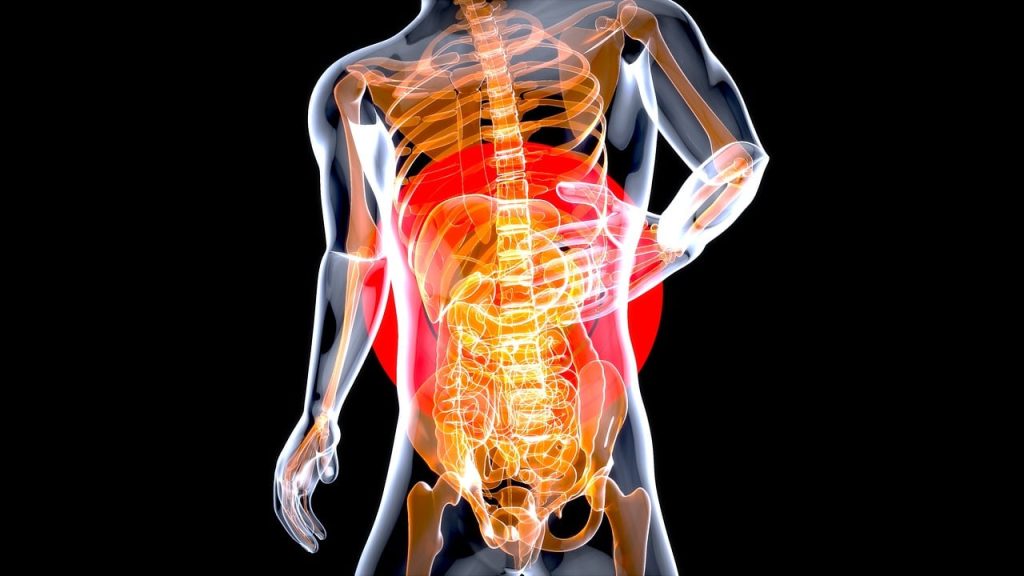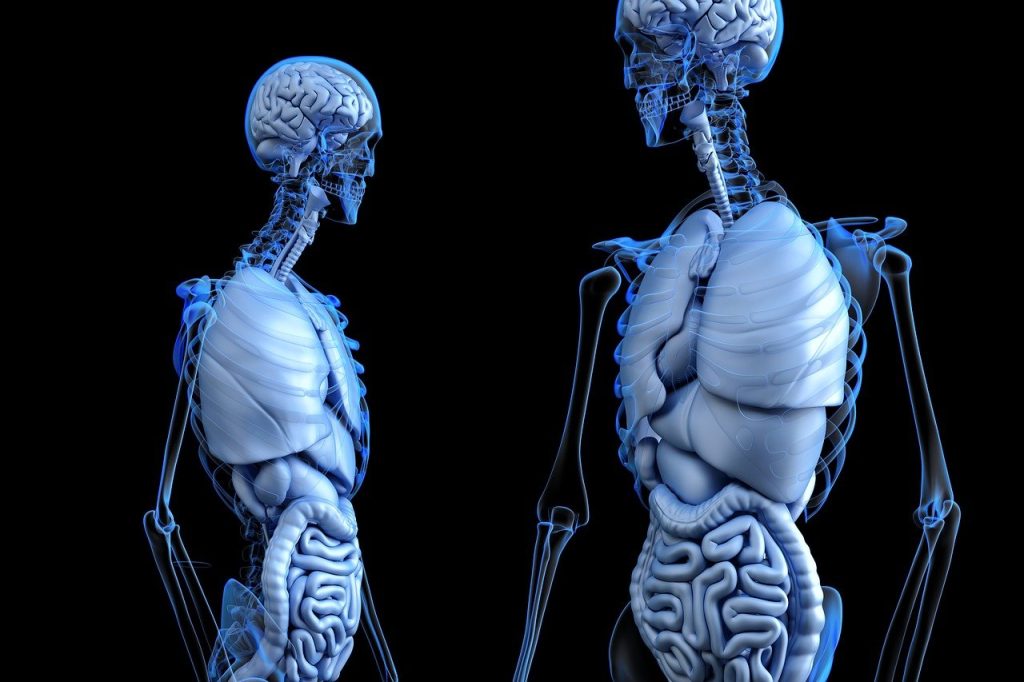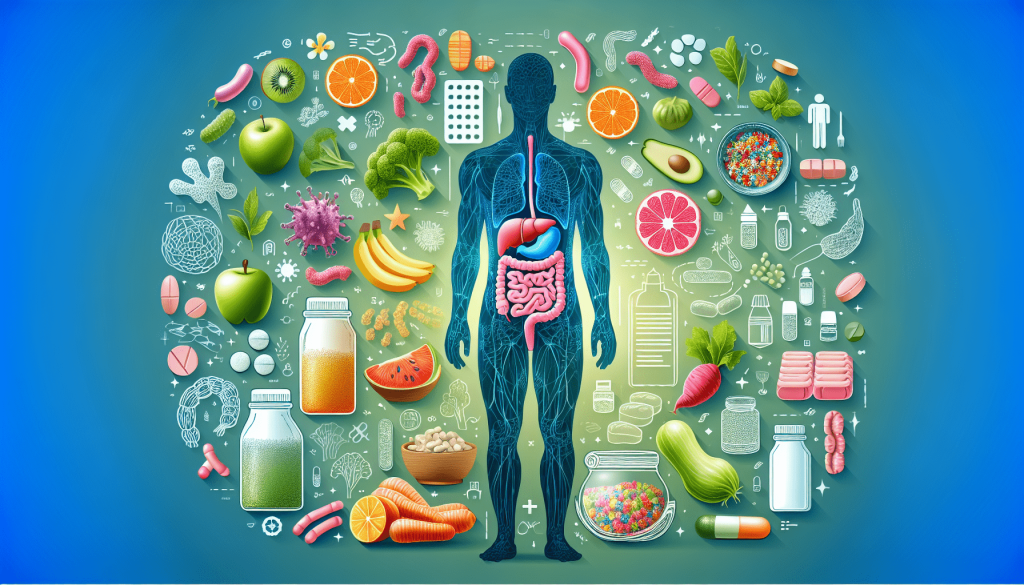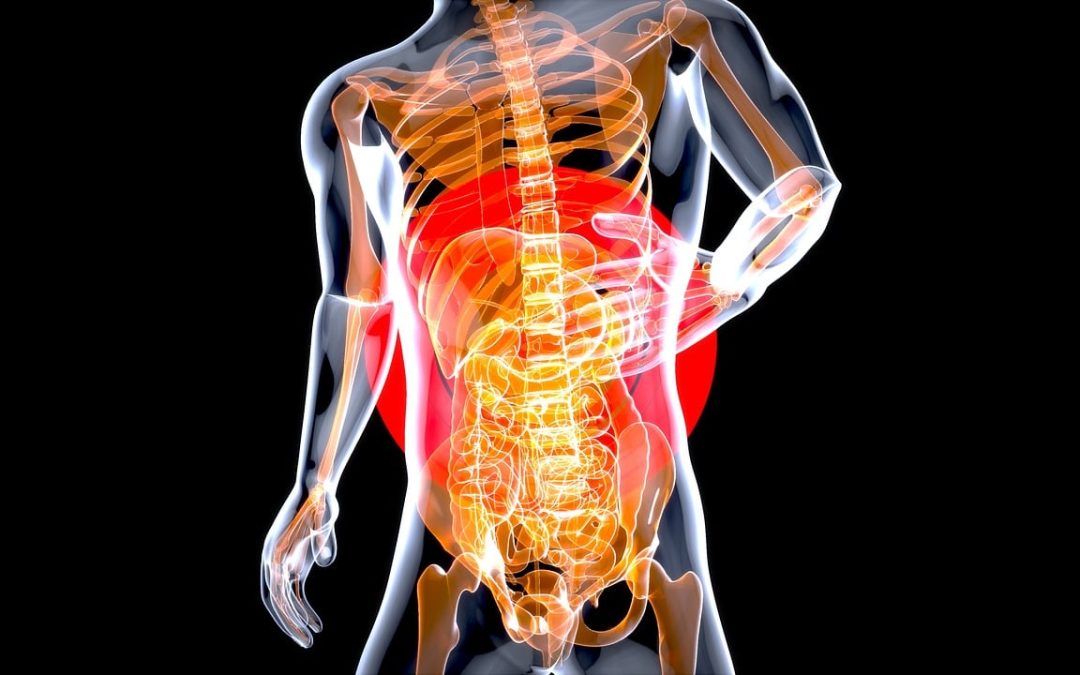In this article, you will explore the fascinating world of gut health and its connection to various digestive disorders. Your gut plays a vital role in your overall well-being, influencing everything from your immune system to your mood. We will dive into the intricate workings of your digestive system and discuss the common disorders that can disrupt its harmony. So, get ready to discover the importance of maintaining a healthy gut and the steps you can take to support its optimal function.

What is Gut Health?
The role of the gut in the body
Your gut, or gastrointestinal tract, is an incredibly important part of your body. It is responsible for digesting and absorbing the nutrients from the food you eat, as well as eliminating waste. But its role goes beyond just digestion. The gut also houses trillions of bacteria, fungi, and viruses that make up your gut microbiome.
Microbiome and gut health
The gut microbiome refers to the community of microorganisms that reside in your gut. These microorganisms play a crucial role in your overall health. They help to break down food, produce vitamins, regulate the immune system, and even influence your mood and mental health. When the balance of your gut microbiome is disrupted, it can lead to various digestive disorders and other health issues.
Common Digestive Disorders
Irritable Bowel Syndrome (IBS)
IBS is a common digestive disorder that affects the large intestine. It is characterized by symptoms such as abdominal pain, bloating, constipation, and diarrhea. While the exact cause of IBS is unknown, it is believed to be related to abnormal muscle contractions in the intestine, as well as an imbalance in the gut microbiome.
Gastroesophageal Reflux Disease (GERD)
GERD is a chronic condition where stomach acid flows back into the esophagus, causing symptoms such as heartburn, regurgitation, and chest pain. It occurs when the lower esophageal sphincter, a muscle that separates the stomach from the esophagus, doesn’t function properly. Certain foods, obesity, and lifestyle factors can contribute to the development of GERD.
Crohn’s Disease
Crohn’s Disease is a type of inflammatory bowel disease (IBD) that causes chronic inflammation in the digestive tract. It most commonly affects the small intestine and can cause symptoms like abdominal pain, diarrhea, weight loss, and fatigue. While the exact cause of Crohn’s Disease is unknown, it is believed to involve an abnormal immune response and a genetic predisposition.
Ulcerative Colitis
Ulcerative Colitis is another form of IBD that primarily affects the colon and rectum. It causes inflammation and ulcers in the lining of the colon, leading to symptoms like abdominal pain, bloody diarrhea, fatigue, and weight loss. Like Crohn’s Disease, the exact cause of Ulcerative Colitis is not fully understood but is believed to involve an abnormal immune response.
Causes and Symptoms of Digestive Disorders
Diet and lifestyle factors
Your diet and lifestyle can greatly impact your gut health and contribute to the development of digestive disorders. Consuming a diet high in processed foods, sugar, unhealthy fats, and low in fiber can disrupt the balance of your gut microbiome and lead to inflammation. Additionally, factors such as smoking, excessive alcohol consumption, lack of exercise, and poor sleep can also negatively impact your gut health.
Stress and emotional health
The gut and the brain are closely connected through a complex network known as the gut-brain axis. This means that stress and emotional health can have a significant impact on your gut. Chronic stress, anxiety, and depression can disrupt the normal functioning of your gut, leading to digestive issues and an increased risk of developing digestive disorders.
Genetic predisposition
Genetics can also play a role in an individual’s susceptibility to digestive disorders. Certain genetic variations can make a person more susceptible to conditions such as IBS, Crohn’s Disease, and Ulcerative Colitis. However, it’s important to note that genetics alone are not the sole cause of these disorders, and other factors like diet, lifestyle, and environmental factors also play a role.
Impact of Gut Health on Overall Health
Immune system function
A large portion of your immune system resides in your gut. The gut microbiome plays a crucial role in regulating the immune system and defending against harmful pathogens. When the balance of the gut microbiome is disrupted, it can lead to an overactive or weakened immune system, increasing the risk of infections, allergies, and autoimmune disorders.
Mental health
The gut and the brain communicate bidirectionally through the gut-brain axis, which means that the health of your gut can influence your mental health and vice versa. Research has shown a strong connection between gut health and conditions like depression, anxiety, and even neurodegenerative disorders like Alzheimer’s disease. Maintaining a healthy gut can help support good mental health and overall well-being.
Nutrient absorption and metabolism
One of the primary functions of the digestive system is to break down food and absorb nutrients. When the gut is healthy, it can efficiently absorb essential vitamins, minerals, and other nutrients from the food you eat. Conversely, when the gut is not functioning optimally, it can lead to malabsorption and nutrient deficiencies, which can have a negative impact on your overall health and energy levels.

Maintaining a Healthy Gut
Balanced diet rich in fiber
A key factor in maintaining a healthy gut is following a balanced diet that is rich in fiber. Fiber acts as food for the beneficial bacteria in your gut and helps promote their growth and diversity. It also adds bulk to your stool and helps regulate bowel movements. To ensure an adequate intake of fiber, include plenty of fruits, vegetables, whole grains, legumes, and nuts in your diet.
Probiotics and prebiotics
Probiotics are beneficial bacteria that can be consumed through certain foods or supplements. They help to improve the balance of the gut microbiome and support digestive health. Foods like yogurt, kefir, sauerkraut, and kimchi are excellent sources of probiotics. Prebiotics, on the other hand, are types of fiber that feed the beneficial bacteria in your gut. They can be found in foods like onions, garlic, bananas, and oats.
Hydration and exercise
Staying hydrated is important for maintaining a healthy gut. It helps to keep the digestive system running smoothly and prevents constipation. Aim to drink an adequate amount of water throughout the day, and limit your intake of sugary beverages. Regular exercise is also beneficial for gut health as it helps promote regular bowel movements and improves overall digestion.
Stress management
Managing stress is crucial for maintaining a healthy gut. Chronic stress can disrupt the balance of the gut microbiome and contribute to digestive issues. Find healthy ways to manage stress such as practicing mindfulness, deep breathing exercises, yoga, or engaging in hobbies that bring you joy. Prioritizing self-care and relaxation can have a positive impact on your gut health.
Diagnostic Tests for Digestive Disorders
Endoscopy
Endoscopy is a procedure that involves the insertion of a flexible tube with a camera into the digestive tract to visualize the internal organs. It is commonly used to diagnose conditions like GERD, Crohn’s Disease, and ulcers. During an endoscopy, small tissue samples may also be taken for further analysis.
Colonoscopy
A colonoscopy is a procedure that allows a doctor to examine the entire length of the colon and rectum. It is commonly used to screen for colon cancer and to diagnose conditions like ulcerative colitis and Crohn’s Disease. During a colonoscopy, abnormal tissue or polyps may be removed for further testing.
Stool tests
Stool tests, also known as fecal tests, are non-invasive tests that can provide valuable information about the health of your gut. They can be used to detect the presence of certain bacteria, parasites, or other pathogens in the digestive tract. Stool tests can also indicate inflammation or blood in the stool, which can be associated with conditions like IBS, Crohn’s Disease, or colon cancer.

Treatment Options for Digestive Disorders
Medication
Medication is often used to manage symptoms and control inflammation in digestive disorders. For example, antacids and acid blockers may be prescribed for GERD, while anti-inflammatory drugs like corticosteroids or immunosuppressants may be used for conditions like Crohn’s Disease or ulcerative colitis. The specific medication prescribed will depend on the individual’s diagnosis and symptoms.
Dietary changes
Making dietary changes can also play a significant role in managing digestive disorders. For example, individuals with IBS may benefit from eliminating certain trigger foods from their diet, such as gluten or dairy. Inflammatory bowel diseases like Crohn’s Disease and ulcerative colitis often require specific dietary modifications, including a low-fiber or low-residue diet during flare-ups.
Surgery
In some cases, surgery may be necessary to treat digestive disorders. Surgery may be performed to remove diseased sections of the intestine in conditions like Crohn’s Disease or ulcerative colitis. It may also be used to repair or remove damaged parts of the esophagus in cases of severe GERD. Surgery is typically considered when other treatment options have been unsuccessful or to address specific complications.
Dietary Recommendations for Gut Health
Foods to include
To maintain a healthy gut, it’s important to include a variety of nutrient-rich foods in your diet. Opt for plenty of fruits, vegetables, whole grains, lean proteins, and healthy fats. Foods that are particularly beneficial for gut health include fermented foods like yogurt, kefir, sauerkraut, and kimchi, as they are rich in probiotics. Additionally, include high-fiber foods such as beans, lentils, whole grains, and nuts.
Foods to avoid
Certain foods can worsen symptoms and contribute to digestive issues. It’s best to limit or avoid foods that can irritate the gut, including processed foods, fried foods, spicy foods, and high-fat foods. Additionally, for individuals with specific intolerances or conditions, it may be necessary to avoid certain foods like gluten, lactose, or fodmaps. It’s important to consult with a healthcare professional or registered dietitian to determine the best dietary plan for your specific needs.

Alternative Therapies for Gut Health
Acupuncture
Acupuncture is an ancient practice rooted in Chinese medicine that involves inserting thin needles into specific points on the body. It has been used to treat a wide range of conditions, including digestive disorders. Acupuncture is believed to help regulate the flow of energy in the body and stimulate the release of natural pain-relieving substances, promoting overall balance and health.
Herbal remedies
Herbal remedies have been used for centuries to support digestive health. Certain herbs, such as peppermint, ginger, chamomile, and fennel, have been shown to alleviate symptoms of indigestion, bloating, and nausea. Herbal teas or supplements containing these herbs may help promote better digestion and soothe the gut. However, it’s important to consult with a healthcare professional before starting any herbal remedies, especially if you are taking medication or have underlying health conditions.
Mind-body therapies
Stress and emotional health can strongly impact gut health. Mind-body therapies, such as meditation, yoga, and relaxation techniques, can help reduce stress and promote overall well-being. These practices have been shown to have a positive impact on digestive disorders by improving symptoms and reducing inflammation. Incorporating mind-body therapies into your daily routine can provide significant benefits for your gut health.
Importance of Seeking Medical Advice
Self-diagnosis and risks
While it may be tempting to try and self-diagnose or treat digestive issues on your own, it’s important to recognize the risks involved. Many digestive disorders share similar symptoms, and a proper diagnosis requires a thorough evaluation by a healthcare professional. Attempting to self-diagnose or treat without proper medical guidance can lead to delays in receiving appropriate treatment and potentially worsen the condition.
Consulting a healthcare professional
If you are experiencing persistent or concerning digestive symptoms, it’s important to consult with a healthcare professional. They can conduct a comprehensive evaluation, order appropriate tests, and provide a diagnosis. Seeking medical advice allows for personalized treatment plans tailored to your specific needs and ensures you are receiving the proper care and guidance.
Collaborating with a gastroenterologist
For individuals with chronic or complex digestive disorders, collaborating with a gastroenterologist can provide specialized care and expertise. Gastroenterologists are medical experts specifically trained in diagnosing and treating conditions that affect the digestive system. They can provide insight into the latest treatment options and work with you to develop a comprehensive management plan for your digestive health.
In conclusion, maintaining a healthy gut is essential for overall health and well-being. By understanding the role of the gut, recognizing common digestive disorders, addressing their causes and symptoms, and implementing healthy lifestyle habits such as a balanced diet, stress management, and regular exercise, you can support your gut health. In addition, seeking medical advice from a healthcare professional and collaborating with a gastroenterologist when necessary can help ensure proper diagnosis and treatment. Prioritize your gut health, and you’ll reap the benefits of improved digestion, enhanced immune function, and overall better health.









